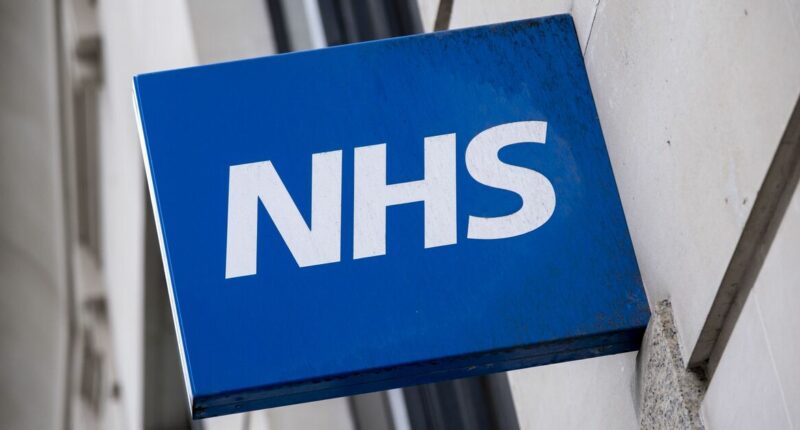Share this @internewscast.com
A recent report reveals that the UK economy might gain a £13.3 billion uplift over ten years by increasing NHS access to medical cannabis, which could help thousands return to work and improve health outcomes. Conducted by the Centre for Economics and Business Research in collaboration with Curaleaf Clinic, the study indicates that broader use of cannabis-based medicine could significantly enhance health conditions.
Examining UK data on chronic illness, employment, and hospital admissions, along with insights from countries such as Germany, suggests that enhanced access could help many individuals with chronic health issues re-enter the workforce and potentially reduce hospital admissions by approximately 28% annually for those eligible.
The economic analysis forecasts that extending NHS access to medical cannabis might generate £1.3 billion per year by facilitating the return of individuals to their jobs, leading to an increase of £4.5 billion in Gross Value Added (GVA) over five years, and reaching £13.3 billion over a decade.
Since its legalisation in 2018, private cannabis prescriptions are reported to have already generated around £283 million in GVA by aiding individuals in recovery and work reintegration.
Data from the previous year by the Office for National Statistics highlighted unprecedented levels of chronic illness, with 7% of the working-age population being sidelined from work.
For two-thirds of those unable to work due to long-term health issues, all conventional treatment avenues have been exhausted, resulting in feelings of helplessness, reduced self-worth, and diminished mental health.
Dr Simon Erridge, director of research at Curaleaf Clinic, said: “As a doctor, I see daily how chronic illness doesn’t just affect someone’s health. It removes them from the workforce, creates economic hardship, and leads to a cascade of social and psychological problems that can worsen the cycle of ill health.”
He said the report points towards a way forward by offering people more choice and control over their treatment, potentially enabling them to return to the workforce.
Fatma Mehmet, who turned to medical cannabis after her experience of living with chronic pain impacted her physical and mental health, said expanding access via the NHS can only be a good thing.
“As someone independent and career-driven, not being able to get out of bed and go to work made me feel as if my identity was being stripped away,” she said. “When I felt like I was at rock bottom and out of options, I discovered medical cannabis. I now have the ability to work, lead a team, and regain my independence.”
She added: “Expanding medical cannabis via the NHS would mean greater choice for more people, which can only be a good thing.”
The research showed that 64 per cent of respondents believe individuals with chronic illnesses should have more treatment options to help them return to work. Over half of those who have been prescribed medication said it provides little relief, while 48 per cent reported it negatively affects their quality of life.
It was reported that half of those who have not previously been prescribed medical cannabis would consider trying it if it were more widely available on the NHS.
Pushpin Singh, managing economist at the Centre for Economics and Business Research, concluded: “Our analysis shows that appropriately prescribed medical cannabis can help people with chronic conditions return to work.
“Expanding NHS access would benefit patients while delivering significant productivity gains and cost savings to the UK economy.”













